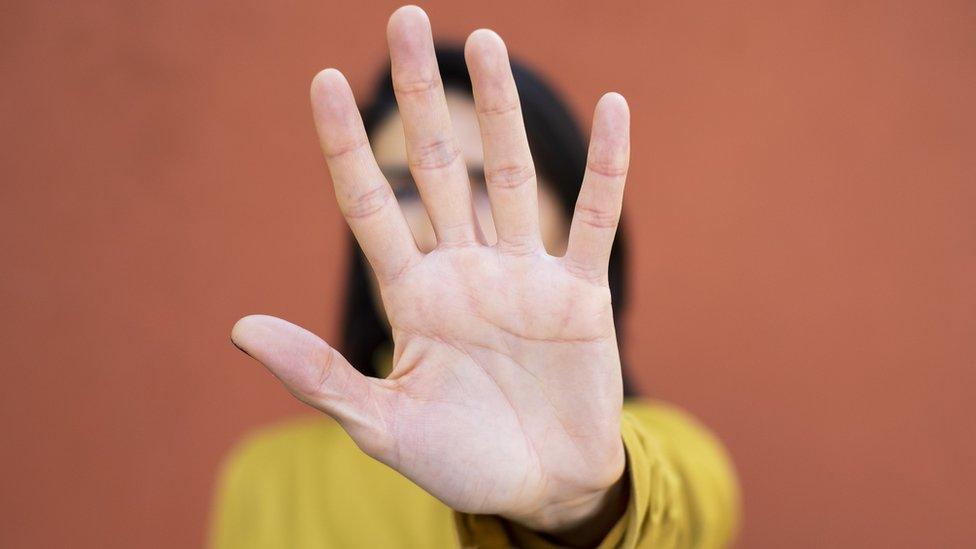Charity sees increase in sexual offence convictions
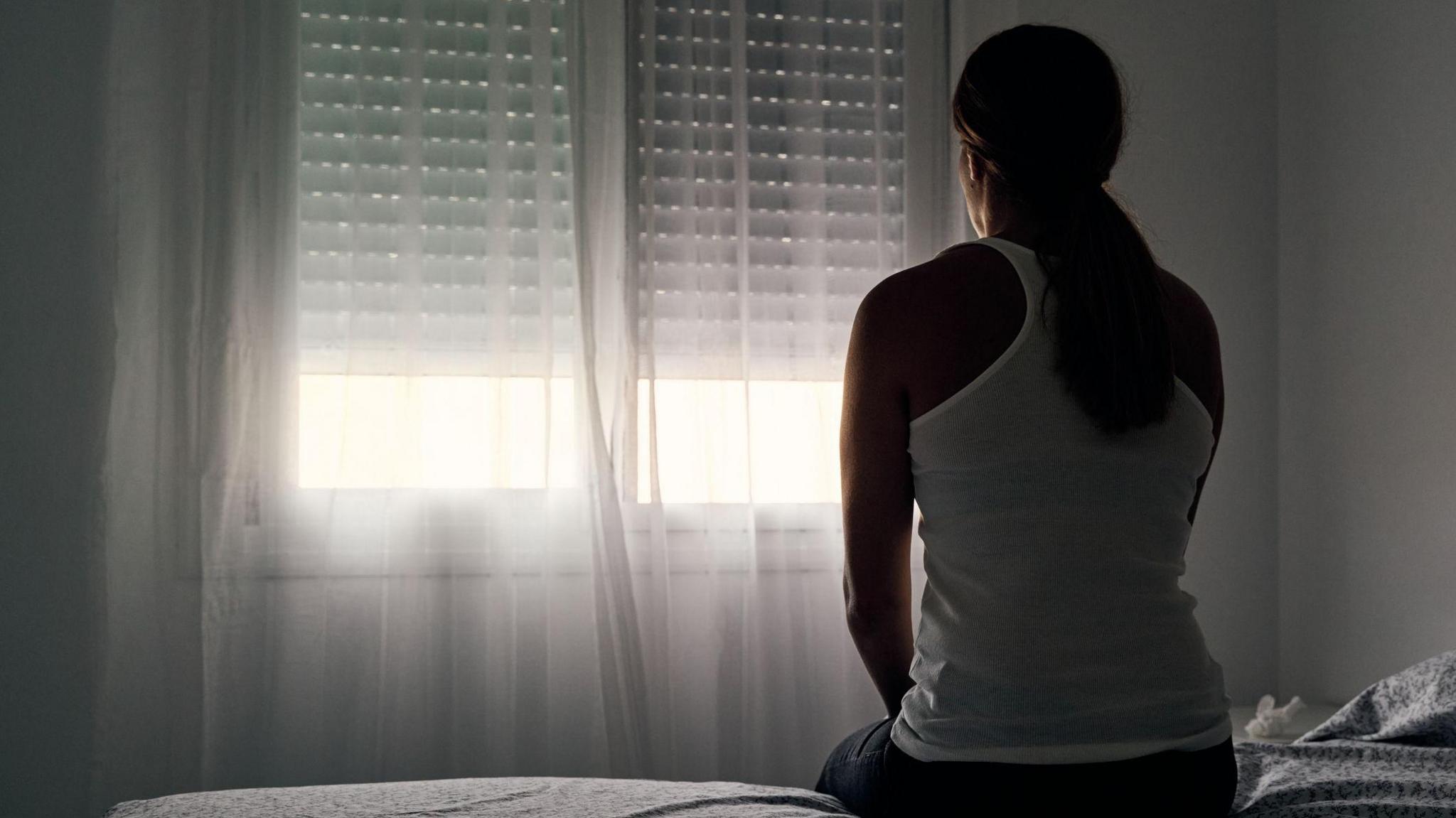
Sexual trauma charity STARS says it has seen an increase in the number of sexual offence convictions
- Published
A sexual trauma service said it has seen a significant rise in the number of people being convicted of rape and serious sexual offences.
Between April and June the Sexual Trauma and Recovery Services (STARS) in Dorset said it had helped to get 13 guilty verdicts in court.
The charity calculated the cumulative amount of prison time for those convicted during that period amounted to 64 years.
Chief Executive Helen Stevens added there had been “quite a significant shift” in the number of people going to trial.
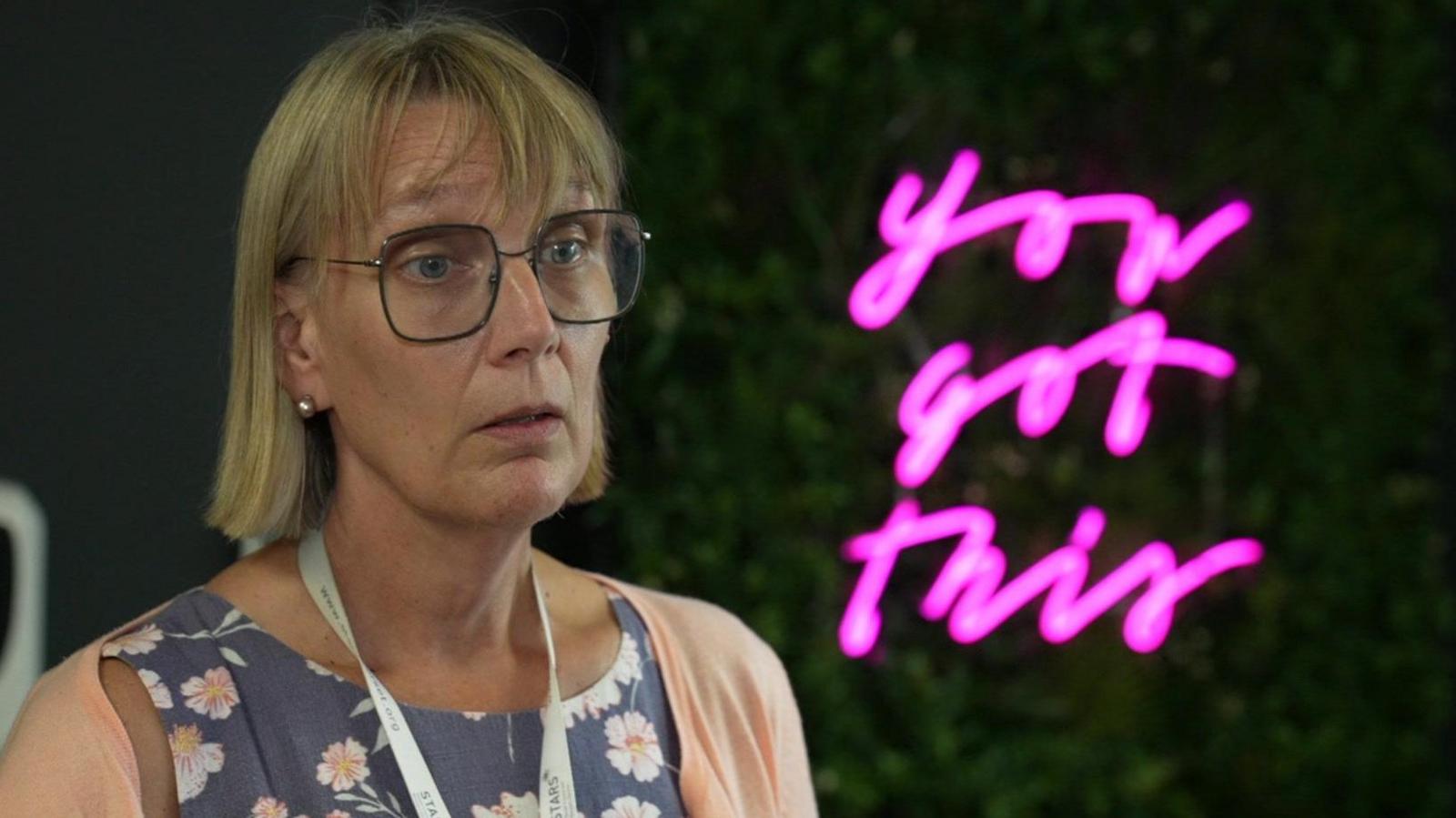
Chief Executive Helen Stevens said there had been an increase in specialist support available to victims
She said: “When I first joined the service in 2016, it was quite rare for us to go out to support at court.
“It might have only been five times a month whereas now it's about 20 trials a month.”
STARS attributes the change to an increase in specialist support available to victims.
The Independent Sexual Violence Advisors (ISVA) provide information and support to clients, which includes assisting them through the criminal justice process.
Groomed and exploited
Betty, whose name has been changed for legal reasons, was 14 years old when she first started to be groomed and sexually exploited by an older man.
She said the abuse she suffered carried on for a number of years.
"Sometimes he would lock me in his house overnight and assault me sexually,” she said.
“He used to supply me with money for drugs and alcohol, so I would self-medicate to self-medicate what was going on.
“It would just be this big spiral.”
Agencies moved Betty out of the area for her own safety after she tried to take her own life.
She returned to Dorset when she was 17.
STARS supported her throughout the court case and her abuser has since been sentenced to nine years in prison.
Betty said she would not have been able to stand up in court without the help of her ISVA.
She said: "She stood with me the whole time in the courts in the stand whilst I delivered my impact statement and when I did the questioning, I decided to do it without screens.
“I left that court stand and I just wanted to fall on the floor.
“I can barely describe it, it was like a weight lifted off of me."
If you've been affected by any of the issues in this story you can find help via the BBC Action Line.
Get in touch
Do you have a story BBC Dorset should cover?
You can follow BBC Dorset on Facebook, external, X (Twitter), external, or Instagram, external.
Related topics
- Published21 May 2024
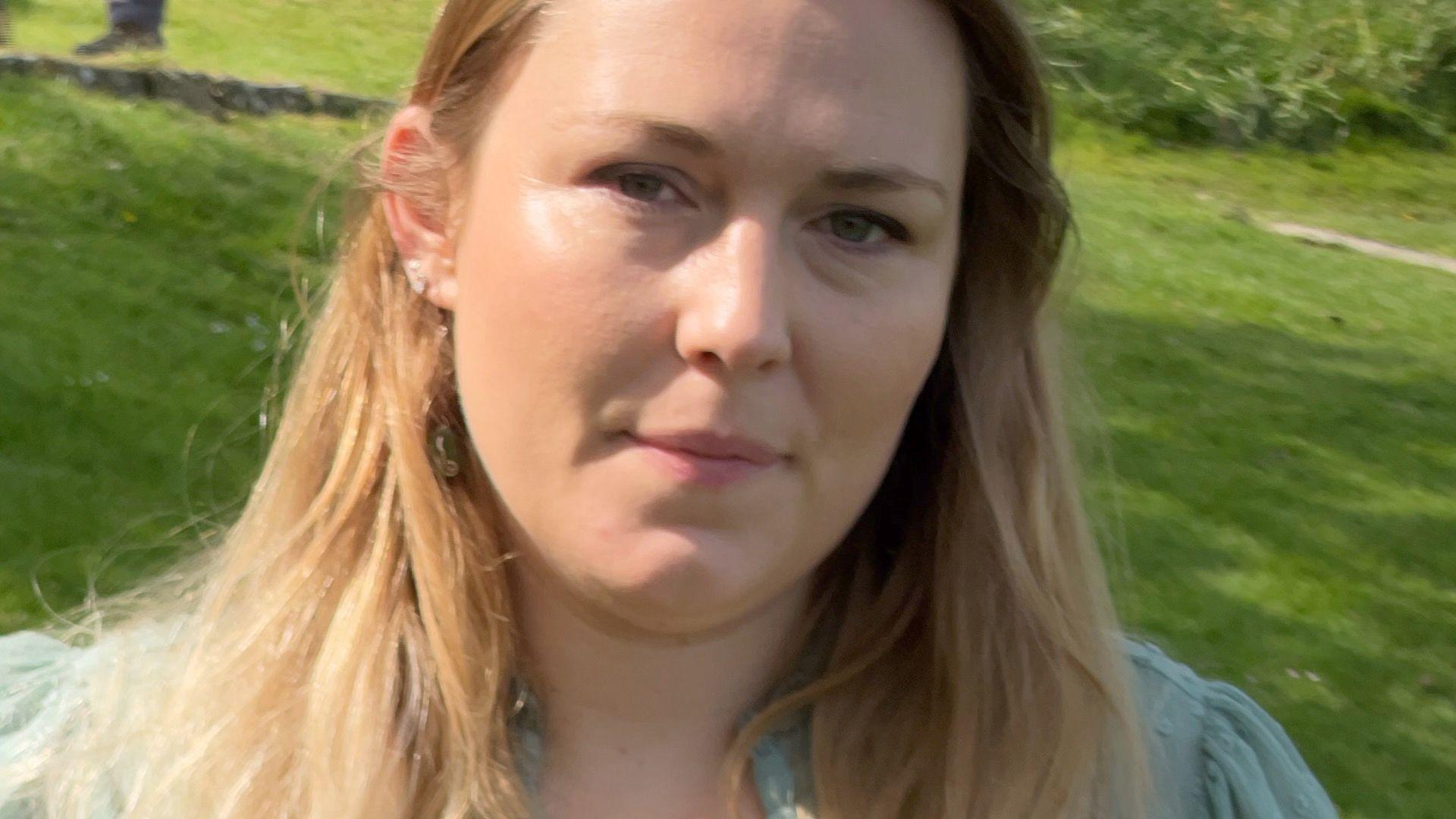
- Published2 February 2024
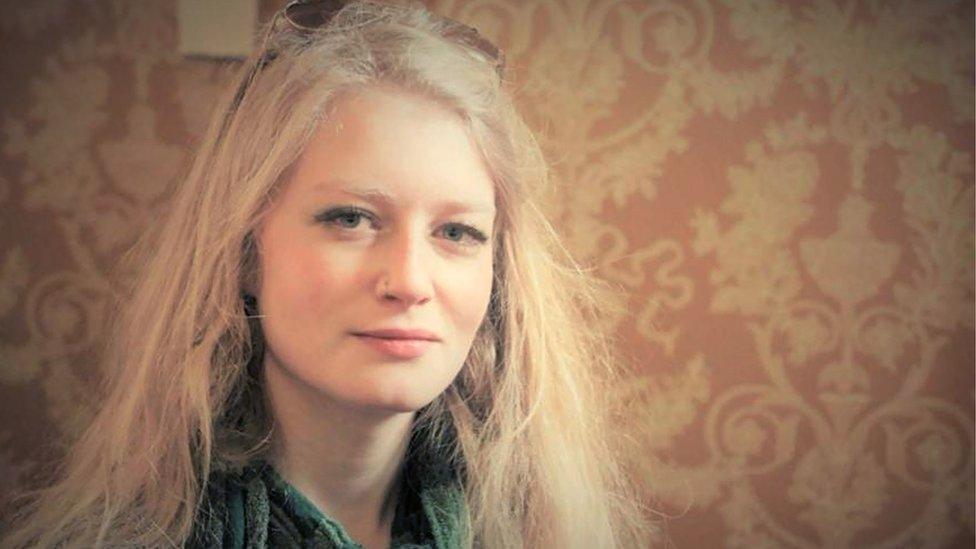
- Published6 March 2024
